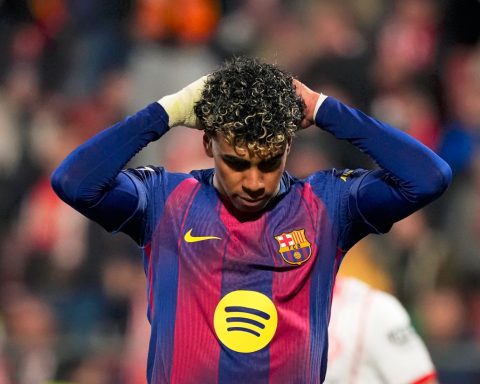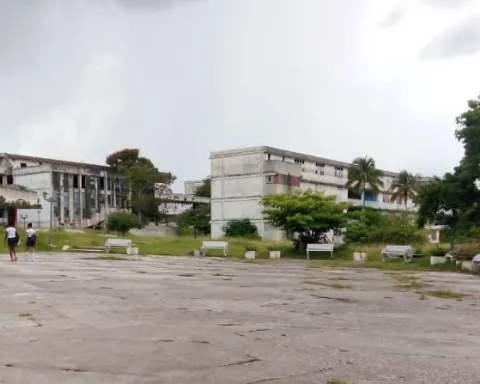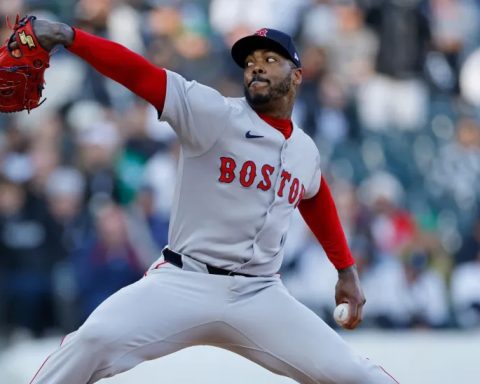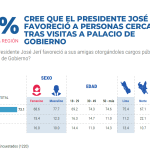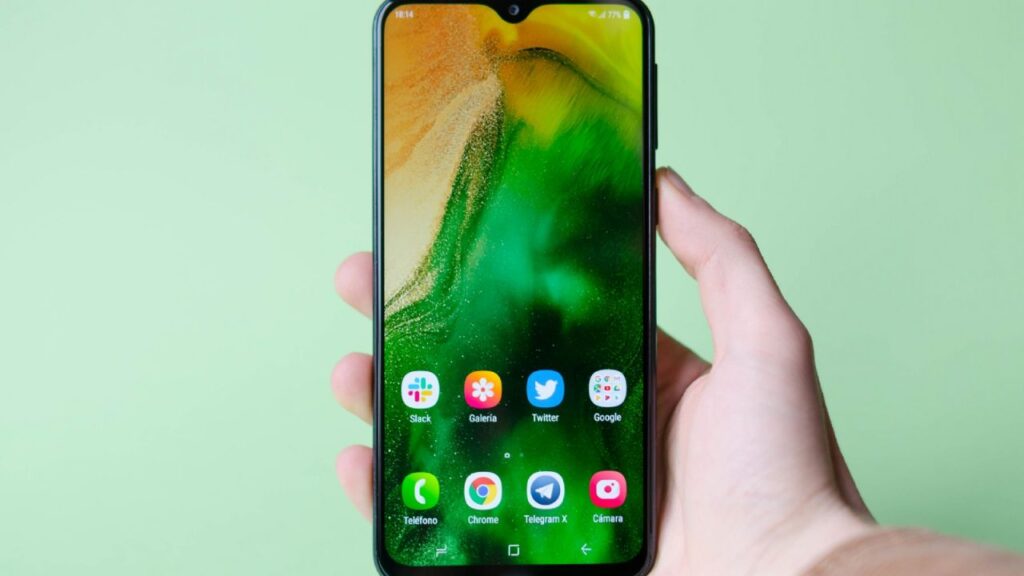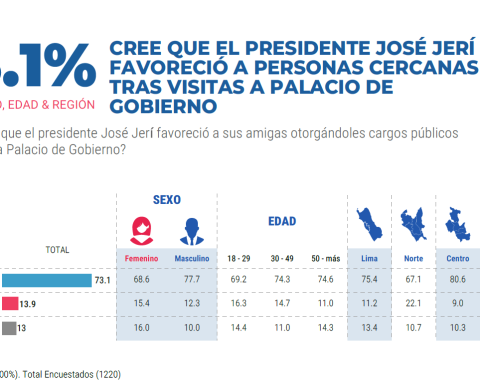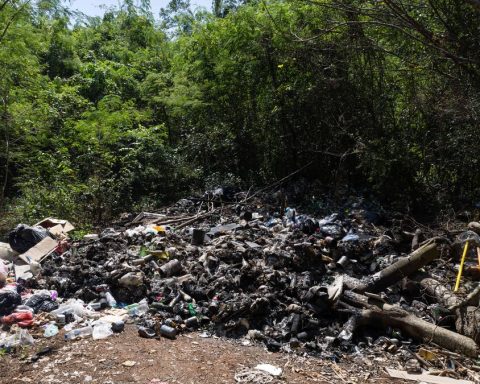I borrow the name of the study on masculinities “Macho, man, masculine”, from the well-known historian and general coordinator of the Ibero-American and African Network of Masculinities (RIAM), Julio César González Pagés, as a reference to title this text.
It happens that much has been said about the impact of the pandemic, especially in vulnerable sectors: in the elderly, children, women… but as for the men-COVID-19 binomial, few texts abound, perhaps because researchers and communicators also incur, unconsciously, in stereotypes, those that reiterate that They are the strong ones, the ones who put up with everything without complaining because “men don’t cry”.
However, precisely the Ibero-American and African Network of Masculinities has been in charge of shedding, once again, light on the matter with the document Masculinities, gender equality and COVID-19which although it saw the light last summer, is still valid.

Photo: taken from vozpopuli.com
Understanding how the pandemic has affected men and which of their behaviors have to do with the norms of hegemonic masculinity is the objective of this text, which also allows a better understanding of how male behaviors can affect the health and well-being of women and men. their sons and daughters.
This, also considering that, although in various latitudes there has been a de-escalation, the pandemic is still a present reality.
Beards without a chinstrap
The nasobuco or mask is also called a chinstrap in several countries. And it happens that men have used the mask or chinstrap less and have also washed their hands less.

Photo: Taken from ncdalliance.org
In addition, they tend to minimize the severity of the pandemic and are more reluctant to take care of their health.
A study in countries that make up the Organization for Economic Cooperation and Development (OECD) arrived at these conclusions, collected in the RIAM document. And such behaviors have nothing to do with genetic conditioning but are the result of those rigid norms, schemes and prejudices that condition how a man should supposedly be, while depriving them of many things.
This archaic conception of masculinity conditions “That men are strong, rude, successful, which makes it difficult for them to recognize their health needs and seek help.”
Also clinging to these patterns, feeling the effects of the pandemic on employment and household income, many men have seen their mental health suffer.
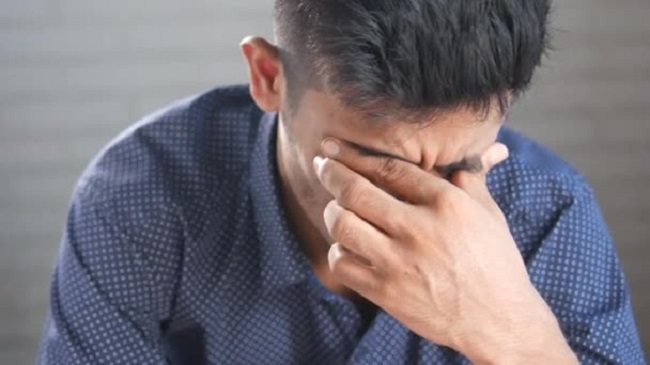
Photo: depositphotos.com
The health situation increased the burden of care at home, however, only a low proportion of male fathers have taken on household chores during the pandemic, which accentuated gender inequalities, the text collects.
However, although a part of Them has not shared care and upbringing, understanding it as essentially a women’s task; confinement also contributed in some households in favor of active and more involved fatherhood.
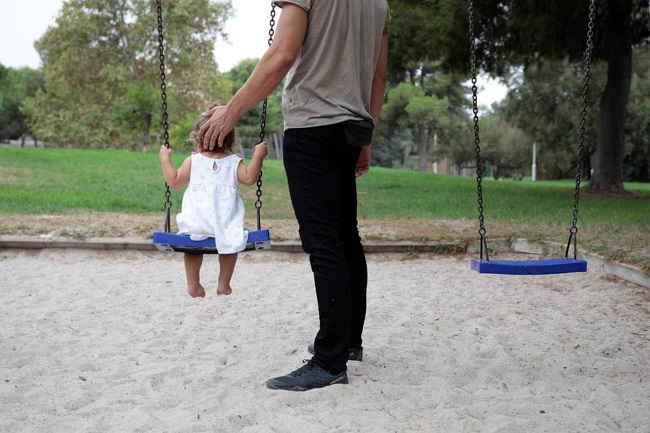
Photo: EFE
The pandemic is not yet over and, therefore, there are still no fully finalized conclusions on this issue, but from the present, the need to design and deploy policies, programs and interventions aimed at men is already in sight, according to the RIAM, Young people and children.
Not to oppose or contrast these strategies with what already exists aimed at women, but because, while continuing to blur that model of hegemonic masculinity, machismo and patriarchy, they would contribute to their happiness and good living, avoiding behaviors of risk that conspire against their health and their own lives, and will also pay tribute to gender equality, shared care and to prevent violence.

